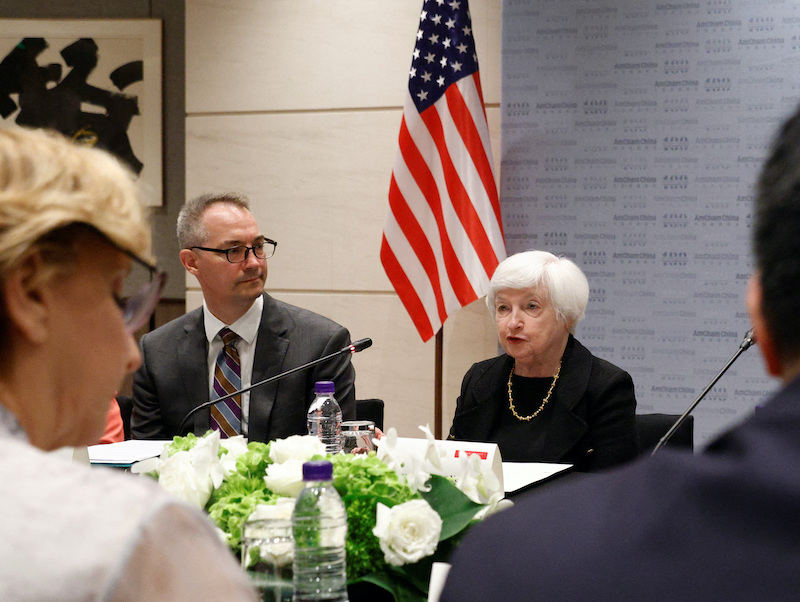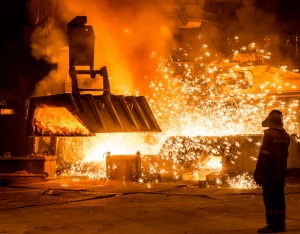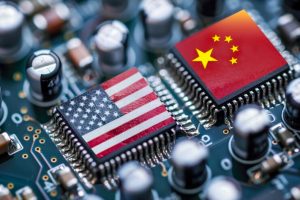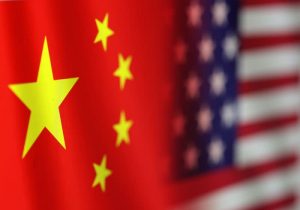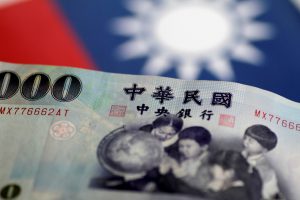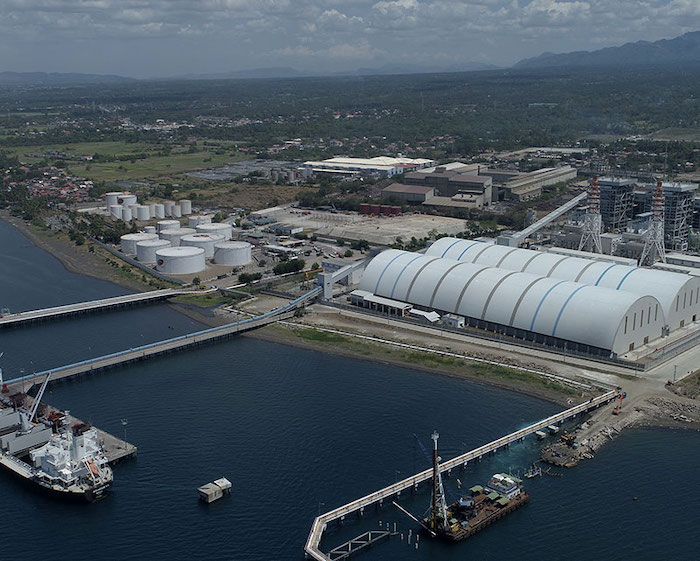US Treasury Secretary Janet Yellen called on Friday for market reforms in China after criticizing “unfair” actions against US companies.
Yellen, who arrived in Beijing on Thursday, expressed concern about “punitive” actions against US companies in China during a meeting with the American Chamber of Commerce in China.
“I am communicating the concerns that I’ve heard from the US business community — including China’s use of non-market tools like expanded subsidies for its state-owned enterprises and domestic firms, and barriers to market access for foreign firms,” Yellen said.
Yellen’s remarks appear to be based on complaints she heard at the AmCham meeting in Beijing, rather than criticism of the crackdown on US companies doing due diligence in China, or action taken against memory chipmaker Micron, which has been caught in the middle of bilateral tension over Washington’s curb on advanced microchips.
The Treasury Secretary warned that the US and its allies would push back against what she called China’s “unfair economic practices” and said that new export controls imposed on some critical minerals underscored the need for “resilient” and diverse supply chains.
ALSO SEE: Curbs on Chipmaking Metals ‘Just The Beginning’, China Warns
Bid to calm bilateral strains
The AmCham meeting on Friday followed “substantive” talks with former Chinese economy czar Liu He, a close confidante of President Xi Jinping, and outgoing top Chinese central banker Yi Gang.
She was scheduled to meet with Premier Li Qiang later on Friday.
Yellen’s trip is part of a flurry of visits aimed at calming tensions between Washington and Beijing that escalated after the US military shot down a Chinese government balloon over the United States and amid increasing strains over export controls.
No major breakthroughs are expected, with officials from both sides accepting that safeguarding national security interests now trump deepening economic ties.
China hopes the US will take “concrete actions” to create a favourable environment for the healthy development of bilateral economic and trade ties, China’s finance ministry said in a statement on Friday.
“No winners emerge from a trade war or from decoupling and ‘breaking chains’,” the statement added.
US firms in China hope Yellen’s visit will ensure trade and commercial lanes between the two economies remain open, regardless of the temperature of geo-political tensions.
AmCham president Michael Hart welcomed Yellen’s “extra firepower” in pressing for changes in China’s policies.
“Yellen’s visit is significant because it allows more conversations to happen, it allows more mid-level folks from both sides to come,” he said.
“I think if there was another year of no visits by top US government leaders, the market would get colder,” he added.
Hope for Biden-Xi Summit
The US diplomatic push comes ahead of a possible meeting between President Joe Biden and Xi as soon as September’s Group of 20 Summit in New Delhi or the Asia-Pacific Economic Cooperation (APEC) gathering scheduled for November in San Francisco.
Secretary of State Antony Blinken travelled to Beijing last month and agreed with Xi that the mutual rivalry should not veer into conflict, and Biden’s climate envoy John Kerry is expected to visit later this month.
Yellen said she came to work toward a “stable and constructive relationship” between the two countries, while making clear that Washington will act to protect its national security interests and human rights.
Regular exchanges could help both countries monitor economic and financial risks at a time when the global economy was facing “headwinds like Russia’s illegal war in Ukraine and the lingering effects of the pandemic,” Yellen added.
Yellen said she would make clear to Chinese officials that Washington was not seeking “a wholesale separation of our economies,” but raised concerns about their use of expanded subsidies for state-owned enterprises and domestic firms, barriers to market access for foreign firms, and recent “punitive actions” against US firms.
Yellen said Washington was still evaluating new Chinese export controls on gallium and germanium, critical minerals used in technologies like semiconductors, but said the move underscored the need for “resilient and diversified supply chains.”
Urges market-oriented practices
Yellen also took aim at China’s planned economy, urging Beijing to return to more market-oriented practices that had underpinned its rapid growth in past years.
“A shift toward market reforms would be in China’s interests,” the former top US central banker told the US business executives.
“A market-based approach helped spur rapid growth in China and helped lift hundreds of millions of people out of poverty. This is a remarkable economic success story.”
Yellen noted that China’s enormous and growing middle-class provided a big market for American goods and services, and stressed that Washington’s targeted actions against China were based on national security concerns.
“We seek to diversify, not to decouple,” she said. “A decoupling of the world’s two largest economies would be destabilizing for the global economy, and it would be virtually impossible to undertake.”
- Reuters with additional editing by Jim Pollard
ALSO SEE:
Curbs on Chipmaking Metals ‘Just The Beginning’, China Warns
China’s New Anti-Espionage Law Puts Firms at Risk, US Warns
Dutch Restrict Chip Exports Amid US Push to Tighten China Curbs
Micron Probe Fuels Fears of US Businesses in China
China Raids Office of US Due Diligence Firm, Detains Staff




